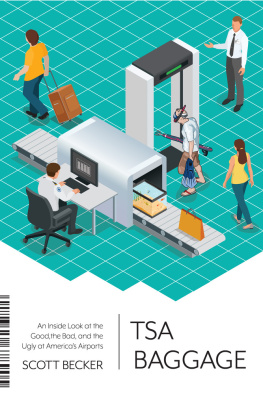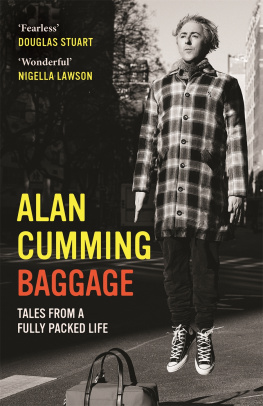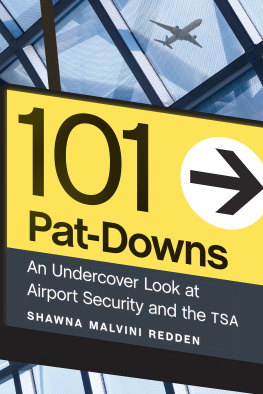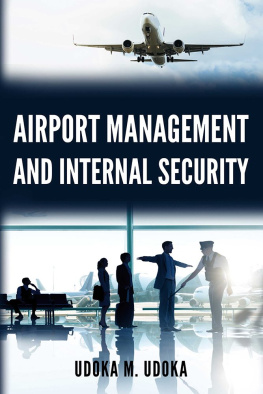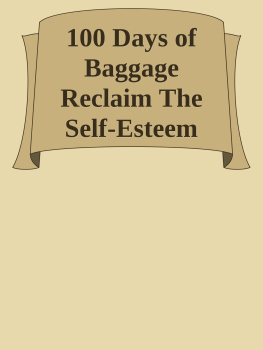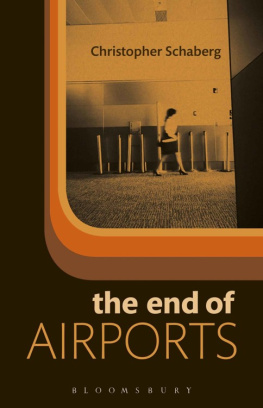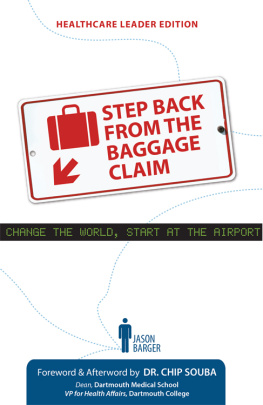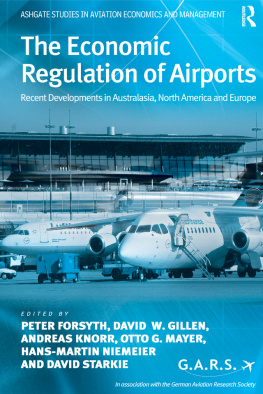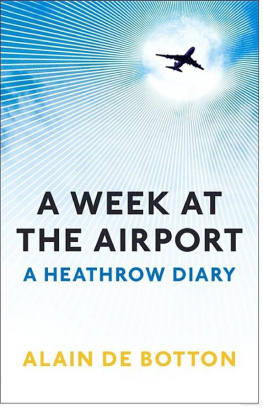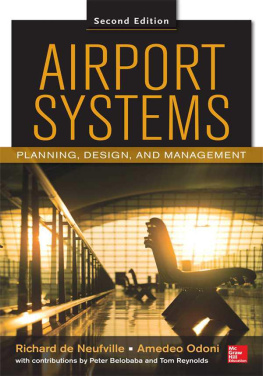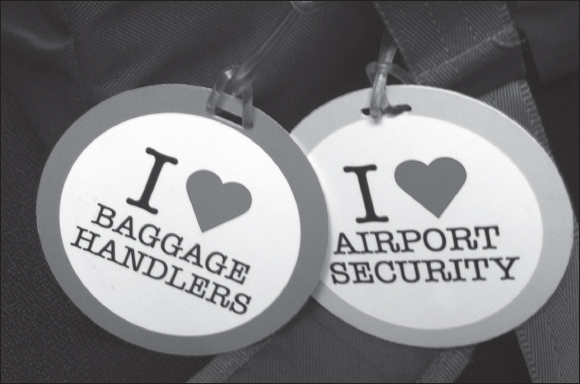
Copyright 2017 by Scott Becker
All rights reserved. No part of this book may be reproduced in any manner without the express written consent of the publisher, except in the case of brief excerpts in critical reviews or articles. All inquiries should be addressed to Skyhorse Publishing, 307 West 36th Street, 11th Floor, New York, NY 10018.
Skyhorse Publishing books may be purchased in bulk at special discounts for sales promotion, corporate gifts, fund-raising, or educational purposes. Special editions can also be created to specifications. For details, contact the Special Sales Department, Skyhorse Publishing, 307 West 36th Street, 11th Floor, New York, NY 10018 or .
Skyhorse and Skyhorse Publishing are registered trademarks of Skyhorse Publishing, Inc., a Delaware corporation.
Visit our website at www.skyhorsepublishing.com.
10 9 8 7 6 5 4 3 2 1
Library of Congress Cataloging-in-Publication Data is available on file.
Cover design by Rain Saukas
Print ISBN: 978-1-5107-2177-7
Ebook ISBN: 978-1-5107-2178-4
Printed in the United States of America
Contents
Foreword
T AKE OFF YOUR SHOES AND PUT them on the belt! Take your computer out of your bag. All of your liquids, gels, and aerosols must be outside your bag in a one-quart baggie, and each may not exceed 3.4 ounces. These phrases cause blood to boil.
Last year there were more than six hundred million passenger encounters with the Transportation Security Administration (TSA) at American airports, resulting in more than six hundred million opinions about the experience. Over 54 percent of those surveyed in a recent Gallup poll think the TSA is doing a good jobor betterhandling airport security screenings. When you read or hear all of the complaints that are registered, that is a remarkable percentage, and Secretary of Homeland Security John F. Kelly has commended the job that TSA Officers are doing.
We always joked that passengers drop at least fifty IQ points the second that they arrive at the airport. This observation comes from both TSA and airline personnel. I understand that for the casual flyer the airport is a large and confusing place, but some passengers exhibit behavior that, I assume, they do not exhibit anywhere else because they conduct themselves in a manner that does not ordinarily result in hospitalization or incarceration. There are many types of passengers. There are infrequent flyers that are just not familiar with flying or our procedures and get very intimidated. Families with children can be difficult because they take a lot of time getting screened, but we try to be very patient because it can be especially traumatic for the kids to get screened. We try to be nice because God loves drunks, fools, children, and infrequent flyers.
We treat all passengers who express concerns about security with kid gloves. Many people with disabilities also fly intermittently. People with special needs receive care and concern from Officers who are specifically trained to care for people with disabilities. If these passengers reach out ahead of time, TSA will treat them particularly well. For example, we take lots of families with autistic children on dry runs so that the children will feel comfortable being screened. Wounded military warriors are treated with the utmost respect and care (see ).
There are road warriors that know our procedures almost as well as we do, and some of them are very happy to impart that knowledge. They can be nice and helpful or very difficult. They spend a lot of money with the airlines, and they expect a lot for their money. They feel entitled to receive perks. They may be entitled to receive perks from the airlines, but not from us. We are there to keep everyone safe. They like to tell us how to run our checkpoints. They may very well have some valuable insights, but more likely than not they tell us how they want things run to be convenient for them. At the end of a long, hard, busy dayfor us and themthe ability to listen may be somewhat impaired.
First class passengers can be great or demonstrate a total lack of class. Foreign passengers are usually easier than domestic passengers, as discussed in , An International Incident. Do you catch more flies with honey than vinegar? I like to think so, and I always tried to make things friendly. I liked to use humor to keep things moving. Welcome to TSA Pre-Check. It is like being transported to an airport in 1995, except back then I weighed fifty pounds less and had hair. I also lied about my weight back then, too.
We have passengers that just hate TSA, and they take it out on the screener. We do our best to not react, but as soon as it is obvious that they are going to be difficult they get passed up the chain of command. This is why supervisors and managers make the big money. We try not to give them any additional reasons to hate us, but TSA Officers are often referred to on the checkpoint as traitors, Nazis, or child molesters, even to their faces. Perhaps individuals in no profession, other than police officers or IRS agents, are treated as rudely, though rarely directly to their faces. Fortunately, many people that complain about TSA do not fly. Some of them dont really want to live in a century that begins with a 2. They would be content to be blacksmiths and tanners. They often comment on blogs, have websites, and if they did catch something happening at an airport would be the first to post it on TMZ or YouTube. I guess they do like something about this centurynot having to set type to print flyers.
One of the difficulties in writing this book was establishing a consistent point of view when there are so many different types of passengers. I wanted to be fair to everyone, but some passengers are just not very nice .
And TSA employees are normal people. Officers dont want to touch your junk any more than passengers want it to be touched. Officers also dont want to lose their jobs for not screening properly, and dont want to be responsible for a plane being brought down. Not on my watch! is our battle cry. Yet in doing their jobs, and following directions, passengers often treat TSA Officers as pariahs; hit, screamed at, and cursed, and treated to behavior that would shock most people. Officers wear their TSA jackets inside-out on the way home to protect their identity and to stay safe.
My goal in writing this book is to humanize the people of TSA. I want to show some of the funny and horrible things that the Officers are exposed to every day, and some of the good things that TSA Officers and passengers do for each other. If you read about some of the things that Officers go through it is my hope that you will develop a greater appreciation for the job and the people that perform it. They are not different from you. They are you. They are not monsters. They are not molesters. They do not take pleasure, as a bumper sticker alleges, in: Handling more packages than UPS. They dont like doing the pat downs any more than you like receiving them. They do not take pleasure in making your life difficult. It is a tough job, and the Officers do their best, often under difficult and trying circumstances. They get cursed at, hit, and insulted in the name of freedom of speech. I believe in the First and Fourth Amendments, but dont tell me you have a bomb in your bag or you will not fly!

